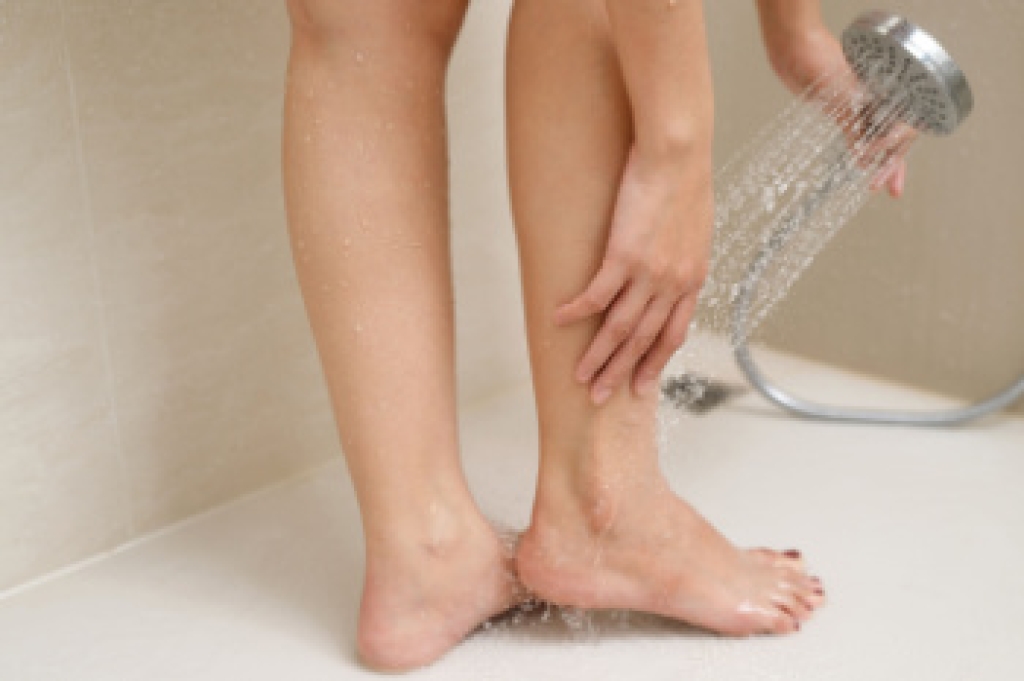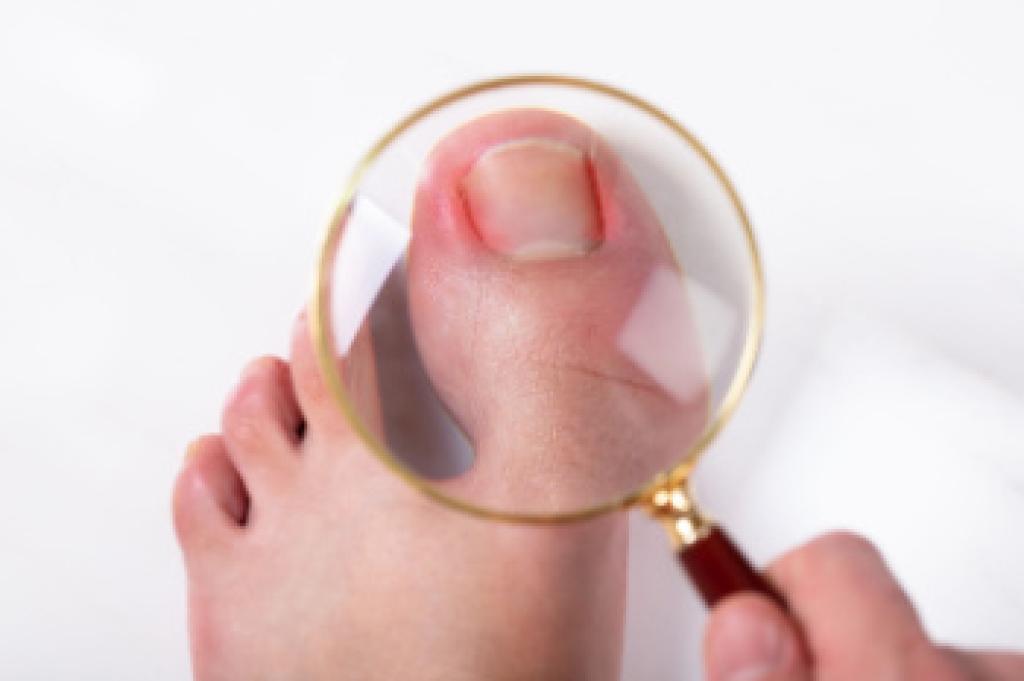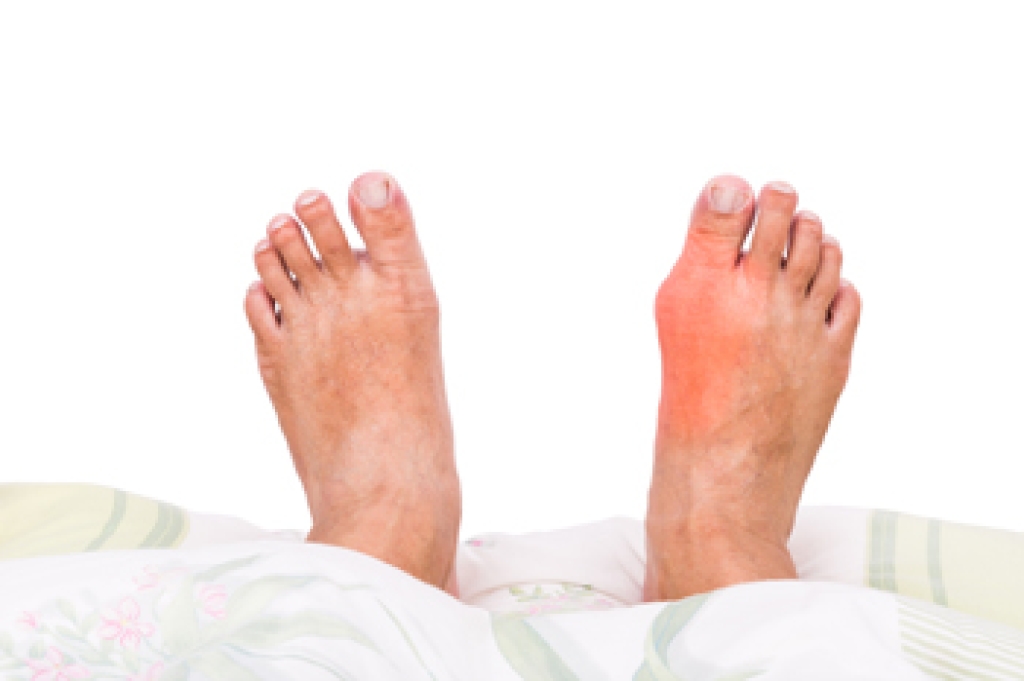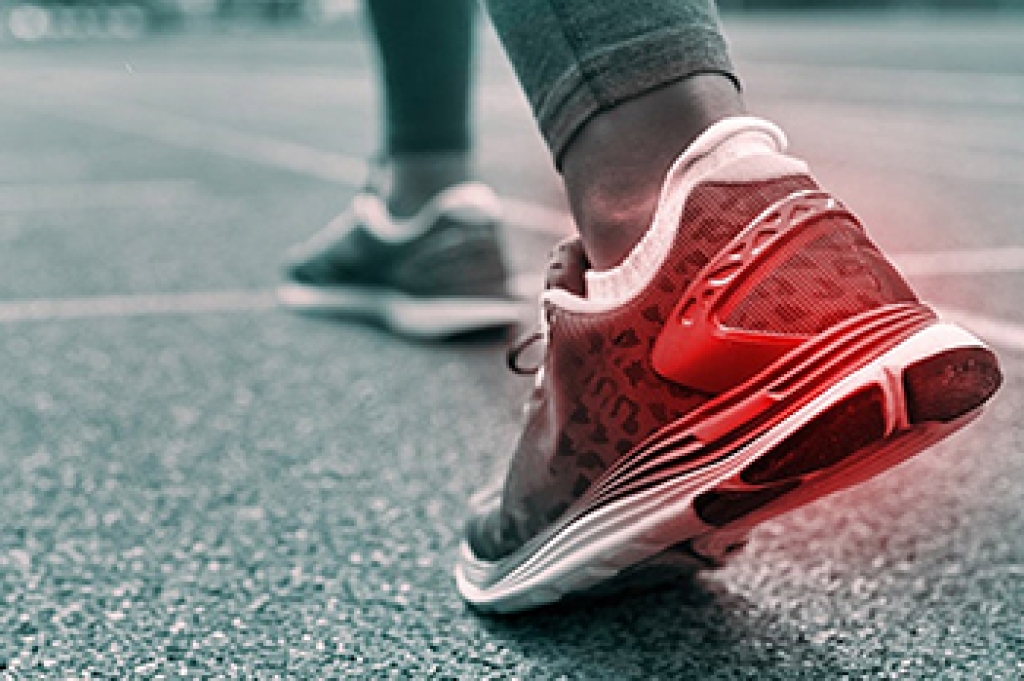
Good foot hygiene is essential for preventing infections, maintaining comfort, and supporting overall health. Caring for your feet begins with washing and thoroughly drying them each day to reduce bacteria and fungus buildup. Toenails should be clipped straight across to prevent ingrown nails, while regular checks for cuts, blisters, or changes in skin and nails help detect problems early. Moisturizing can prevent dryness and cracking, keeping the skin soft and resilient. Proper foot hygiene is especially important for anyone with diabetes or circulation issues. A podiatrist can provide expert advice, treat problems before they worsen, and recommend preventive care. If you have foot pain for any reason, it is suggested that you consult a podiatrist who can treat various foot conditions, and provide additional guidance on everyday foot care routines.
Everyday foot care is very important to prevent infection and other foot ailments. If you need your feet checked, contact one of our podiatrists from New Jersey Foot & Ankle Centers. Our doctors can provide the care you need to keep you pain-free and on your feet.
Everyday Foot Care
Often, people take care of their bodies, face and hair more so than they do for their feet. But the feet are a very important aspect of our bodies, and one that we should pay more attention to. Without our feet, we would not be able to perform most daily tasks.
It is best to check your feet regularly to make sure there are no new bruises or cuts that you may not have noticed before. For dry feet, moisturizer can easily be a remedy and can be applied as often as necessary to the affected areas. Wearing shoes that fit well can also help you maintain good foot health, as well as making it easier to walk and do daily activities without the stress or pain of ill-fitting shoes, high heels, or even flip flops. Wearing clean socks with closed shoes is important to ensure that sweat and bacteria do not accumulate within the shoe. Clean socks help to prevent Athlete’s foot, fungi problems, bad odors, and can absorb sweat.
If you have any questions, please feel free to contact our office located in Oradell, NJ . We offer the newest diagnostic and treatment technologies for all your foot care needs.




